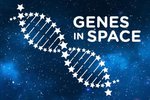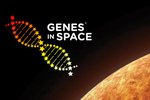Genes in Space Awards - Part 2
The 2017 US Genes in Space contest received 375 submission from nearly 850 students in grades 7 to 12 from across the US. We were thrilled by the caliber of the proposals and excited by the creativity of these space DNA pioneers.
Each of the winning teams will receive a miniPCR DNA Discovery System™ for their educational institution, enabling them to share their passion for DNA science with their entire classroom. This complete biotechnology toolkit includes the same DNA technology that is now in use aboard the International Space Station.
Below we announce the 5 Finalists and 5 Junior Scientist Awards (official press release here). The 10 Honorable Mentions and 5 Constellation Award winners were announced last week.
2017 Genes in Space Finalists
The Finalist teams will be mentored by scientists at Harvard University and MIT. The teams will present their proposals to a panel of scientists and educators at the 2017 ISS Research and Development Conference in Washington, D.C., July 17-20. The winning team will be announced at the conclusion of the conference. The winning team will attend Space Biology Camp and have their experiment performed aboard the International Space Station.
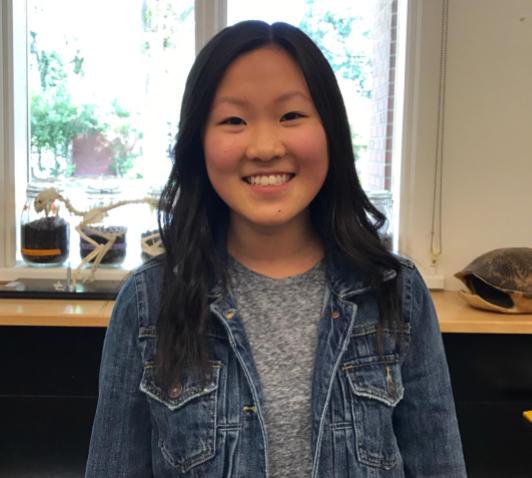
Sophia Chen (14) from Lakeside School, Washington
Topic: Genetic test for microsatellite alterations that are linked to increased risk of cancer in astronauts.
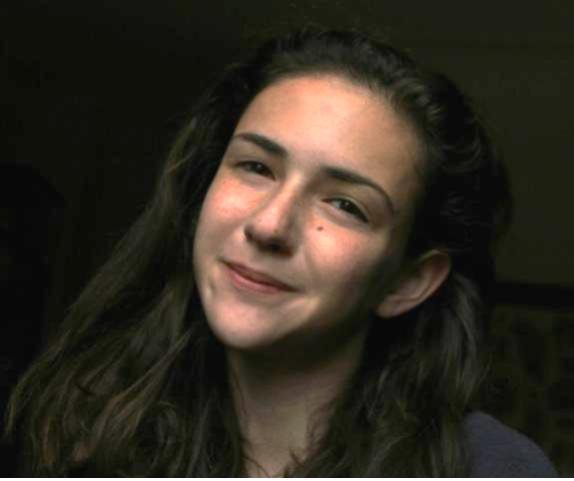
Elizabeth (Liza) Reizis (14) from Stuyvesant
High School, New York
Topic: DNA-based assays to monitor T-cell development and the effects of microgravity on the immune system.
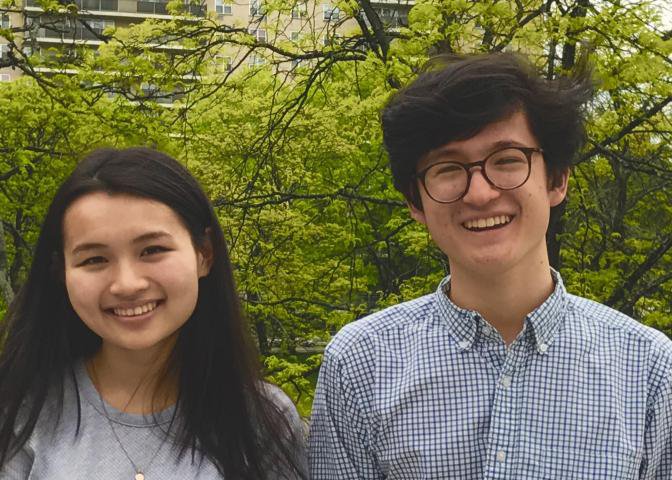
Maxwell Allison (16) and Elena Li (16) from The Bronx High School of Science, New York
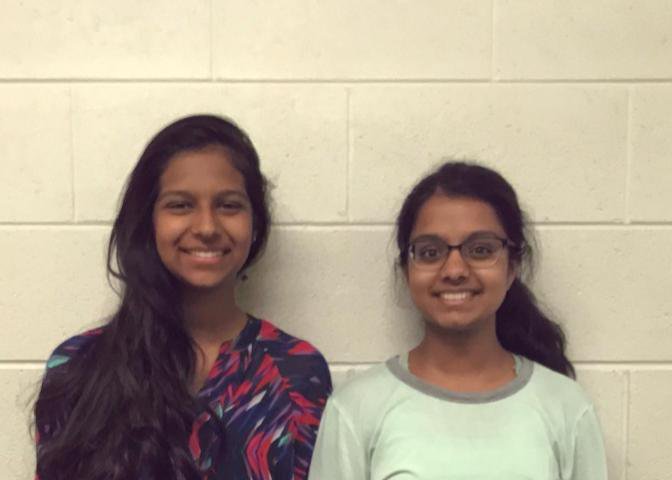
Divya Aggarwal (15) and Priyanka Pulvender (15) from Troy High School, Michigan
Topic: The genetic basis of space-induced heart remodeling.
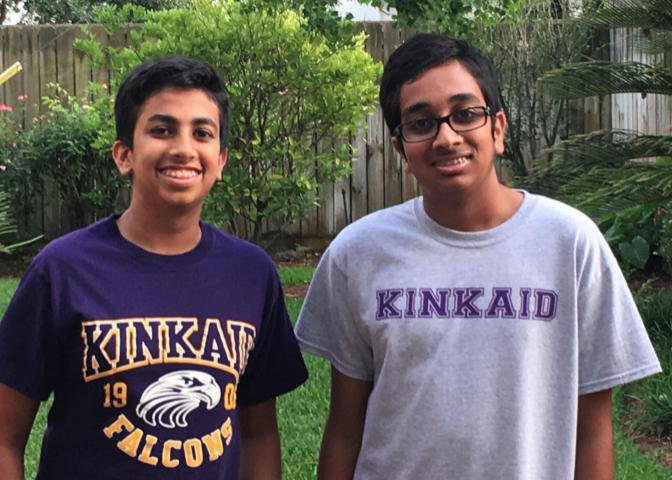
Tanmay Srinivasan (15) and Ayush Krishnamoorti (14) from The Kinkaid School, Texas
Topic: The genetic basis of hypoxia in astronauts during long term space missions.
Junior Scientist Awards
This award category recognizes the top five outstanding proposals by middle school teams. This was a competitive field this year; we received 145 proposals from students in grades 7 and 8, and the Genes in Space team was excited by the strength of the middle school applicants. Each team will receive a miniPCR DNA Discovery System™ for their educational institution, the same DNA technology that is now aboard the International Space Station. We would like to congratulate this year's Junior Scientist Award winners.
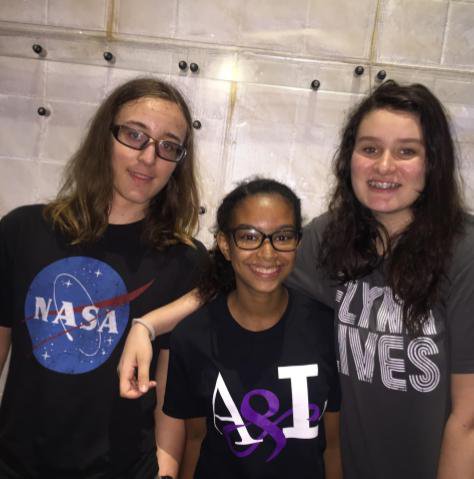
Jordan Gray (13), Kaya Slawecka (13), and Maveric Muchowski (14) from Arts and Letters, New York
Topic: The impact of stress during long term space missions on epigenetic regulation of gene expression.
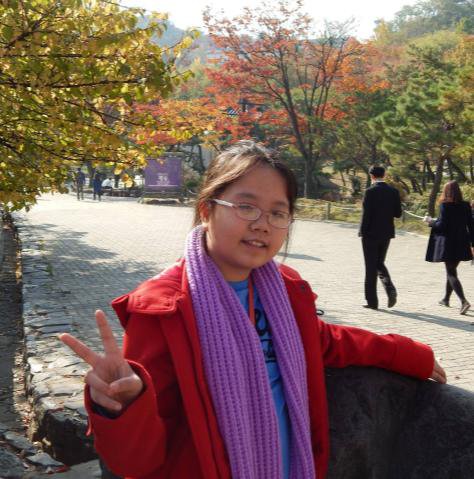
Ly Na Nguyen (13) from Liberty Bell
Middle School, Tennessee
Topic: The impact of microgravity on the composition of cerebrospinal fluid and astronaut neurological health.
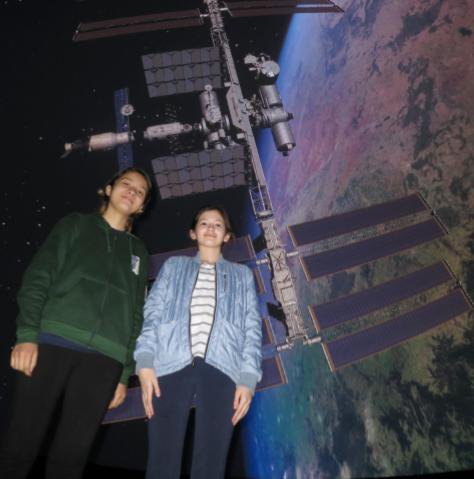
Ruby Allison (12) and Selena Ishikawa (13) from American Museum of Natural History, New York
Topic: The effects of microgravity on HOX gene expression and zebrafish embryonic development.
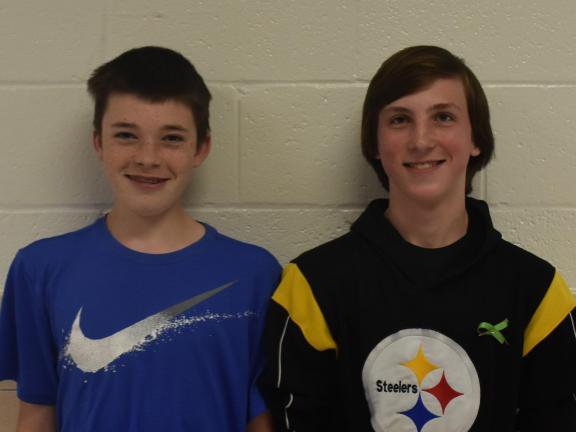
Jack FitzGibbon (14) and Dominic Patsy (14) from Glenwood Middle School, Maryland
Topic: The effects of cosmic radiation and microgravity on the oxygen producing bacteria Candidatus Methylomirabilis oxyfera.
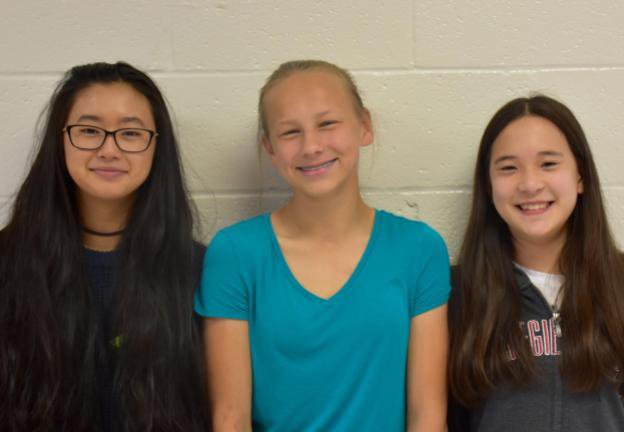
Elizabeth Knox (13), Kristine Suritis (14), and
Margaret Yin (14) from Glenwood Middle
School, Maryland
Topic: The effects of microgravity on organ development in frog embryos.


